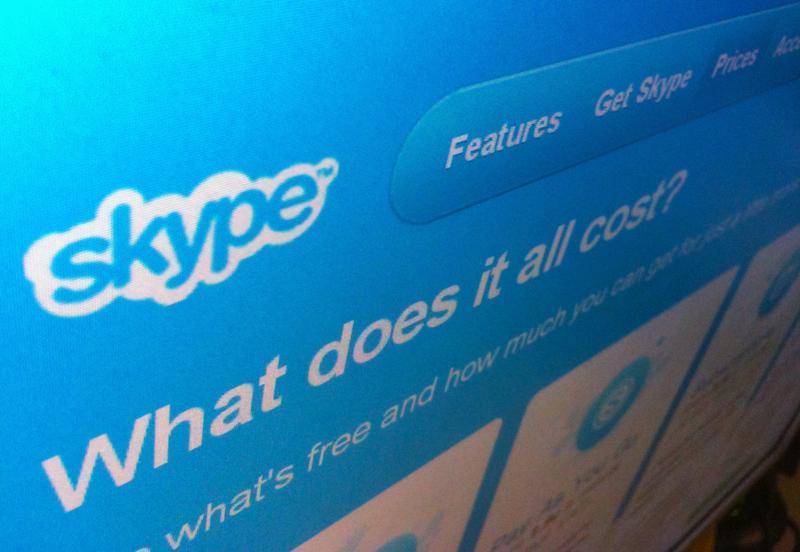Skift Take
Emiratis have found their way around Etisalat’s block for years, but it’s more prudent for the operator find a way to work with over-the-top Internet services rather than resist them and secure its own death.
The United Arab Emirates’ top telecom operator Etisalat has stopped blocking the website of Skype, the world’s No.1 internet-based phone call provider, although the move could put further pressure on the state-controlled firm’s revenue.
Voice over Internet Protocol (VoIP) providers such as Skype allow for free internet-to-internet phone calls and messaging, while tariffs for internet-to-mobile or landline phone calls are dramatically cheaper than by conventional means.
Skype is owned by Microsoft Corp.
Etisalat, in an announcement made on its Facebook page, said it had unblocked access to Skype’s website on Monday. Such access had been denied for several years. Reuters was able to access Skype’s website with an Etisalat mobile phone.
The statement did not say whether Skype-to-phone calls were also now possible and Etisalat did not reply to requests for more comment. It initially announced it had unblocked access to Skype’s website last week via Twitter, then deleted the tweet.
“It is becoming less sustainable to maintain restrictions on VoIP because the way people use communications is rapidly changing,” said Matthew Reed, a principal analyst at Informa in Dubai. “So there is an argument that it’s better for operators to find a way to work with over-the-top internet players such as Skype, rather than forlornly trying to fight market trends.”
Yet allowing these services will mean operators lose a big chunk of their international call revenues, Reed added.
These are an important source of income in a country where the vast majority of the population are expatriates and instant messaging services such as Whatsapp and BlackBerry Messenger have also eaten into international text revenue.
Skype from the UAE to the United States costs $0.019 per minute while Etisalat costs $0.58 per minute peak and $0.37 per minute off-peak, making Skype’s rate about 1/19th of Etisalat.
Etisalat, which operates in 15 countries, derived 69 percent of its 2012 earnings from its home market. It does not break down revenue numbers into segments such as local and international calls. The firm made a net profit of $1.84 billion last year, down 24 percent from a 2009 peak.
The former monopoly and rival operator du are both majority-owned by UAE government institutions and the Telecommunications Regulatory Authority (TRA) has been keen to protect the companies from competition from VoIP services.
The TRA had said that only Etisalat and du were licensed to provide VoIP services and the two companies did little to develop services of their own.
Yet using Skype was already possible in the UAE, with residents downloading the software via virtual private networks, app stores or while abroad. Once installed, it could be used inside the UAE, although Skype-to-phone calls were usually blocked.
Reporting by Matt Smith. Editing by Mark Heinrich. Copyright (2013) Thomson Reuters. Click for restrictions. ![]()
The Daily Newsletter
Our daily coverage of the global travel industry. Written by editors and analysts from across Skift’s brands.
Have a confidential tip for Skift? Get in touch
Photo credit: A page from the Skype website is seen in Singapore. David Loh / Reuters
